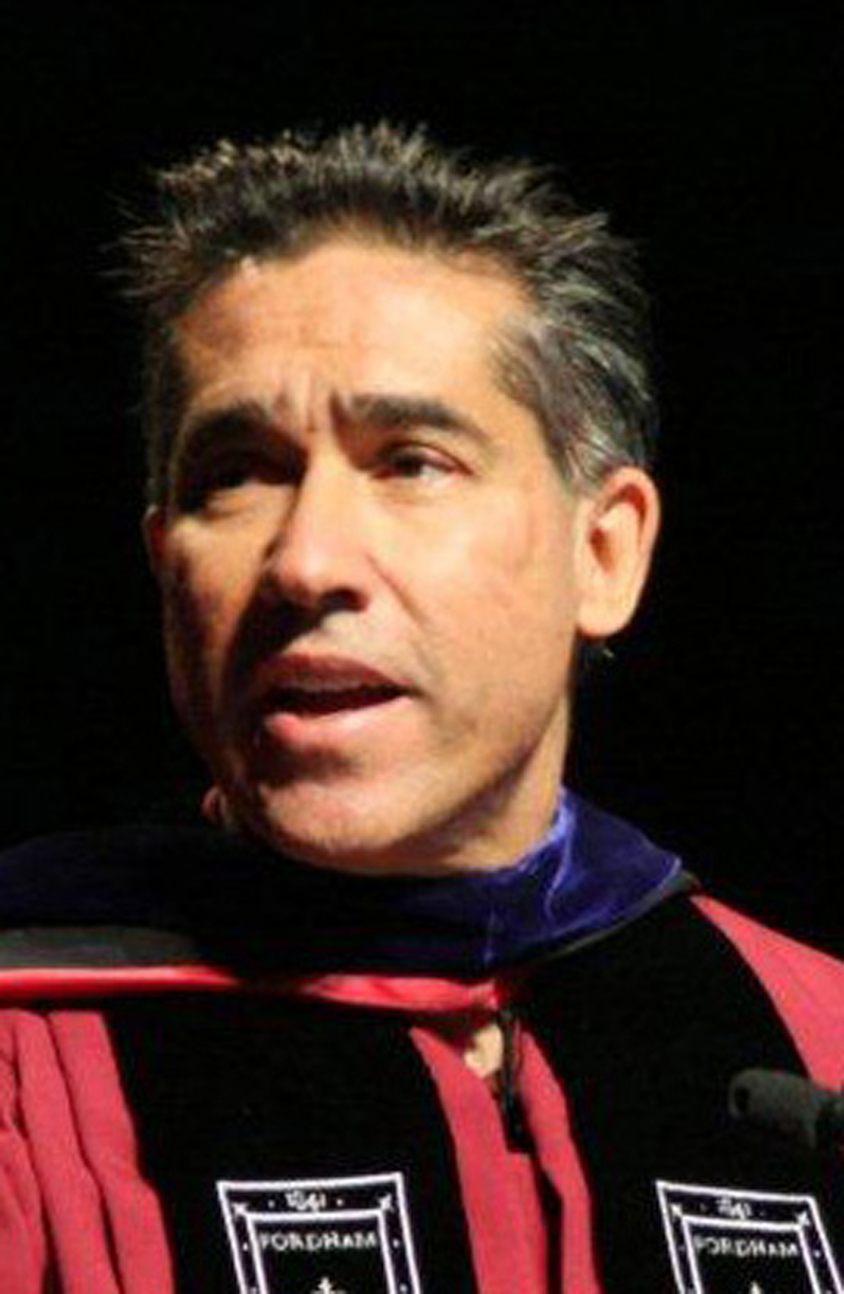 |
| Francis J. Beckwith |
Gonzaga University was founded by an order of priests known as the Society of Jesus, the Jesuits. Although , but not amended, to allow the hiring of the university’s first lay president, the Jesuits remain an officially recognized campus group with its own residence aptly named “Jesuit House.”
Gonzaga’s bylaws were temporarily suspendedNevertheless, the Society of Jesus requires its members not only be male and Catholic, but celibate as well. Oddly, then, if Gonzaga cannot “yet endorse a group based on faith exclusivity,” the school’s Jesuit community has failed to win the endorsement of the school it founded.
Second, Gonzaga’s University Ministry “provides a wealth of opportunities for students to participate in retreats, liturgies and events that illustrate the connections between faith and life. . .in support of Gonzaga University's mission as a humanistic, Catholic and Jesuit institution of education. . .” These opportunities include the celebration of Catholic Mass on campus. The Catholic Mass, however, requires that those receiving the Eucharist be in full communion with the Catholic Church, which means that both non-Catholics and lapsed Catholics are forbidden from participating in the Lord’s Supper. Thus, if Gonzaga is committed to “non-discrimination based on certain characteristics, one of which is religion,” its own University Ministry, since it offers Catholic Masses on campus, is dissenting from the school’s commitment. Whatever these two points reveal about the deep fissures in Gonzaga’s self-understanding, they do not disclose the most egregious problem with the university’s policy as applied to the Knights of Columbus: it is an instance of the passive aggressive tyranny trick. As with any college campus, Gonzaga includes among its students serious religious believers, including Christians, Jews, and Muslims. Because they take their faith seriously – that is, they believe that their faith is not only true but its communities and practices essential to moral and spiritual formation – they desire fellowship with others within their tradition and strive to become better examples of authentic faith. Because of the nature of the religious faith embraced by these students – and the differences between men and women that most of these faith traditions rightfully acknowledge and celebrate – certain types of spiritual and moral formation simply cannot be accomplished in settings that are ecumenical and/or in mixed company. By not offering these students an opportunity to organize groups that accomplish these ends,
Gonzaga effectively marginalizes these students, suggesting to the wider public that their religious interests are illegitimate, not worthy of being part of the Gonzaga community and its conversation about the good, the true, and the beautiful.
This is the passive-aggressive tyranny trick in all its glory.
Link (here) to read Francis J. Beckwith's full article at The Catholic Thing
No comments:
Post a Comment
Due to a high volume of spamming I have had to enable comment moderation. It may take a day to see your comment published. Respectful and thoughtful comments welcome